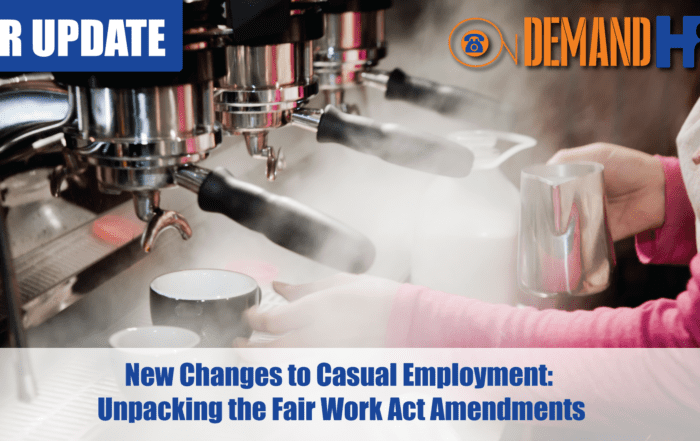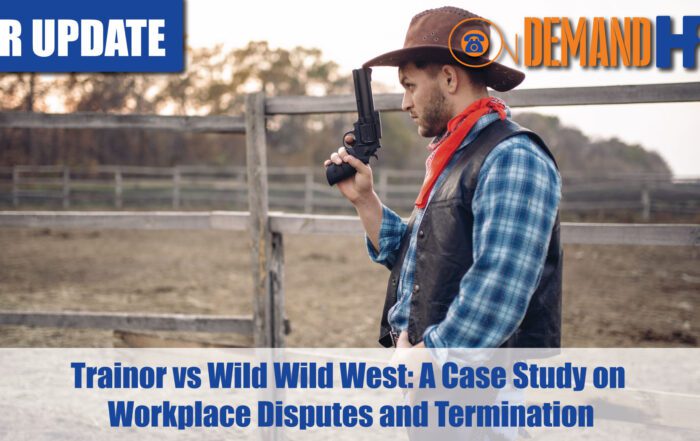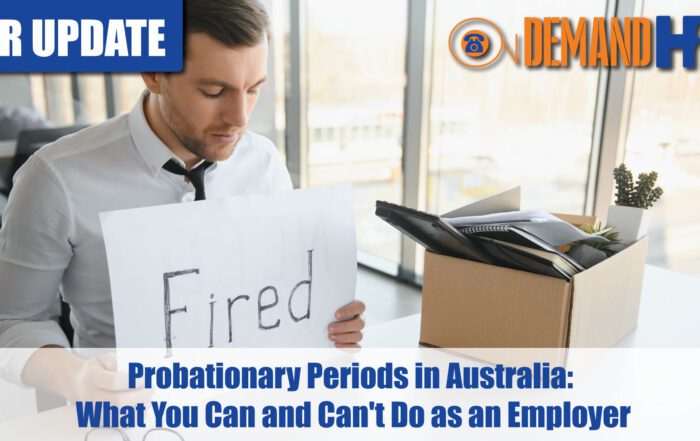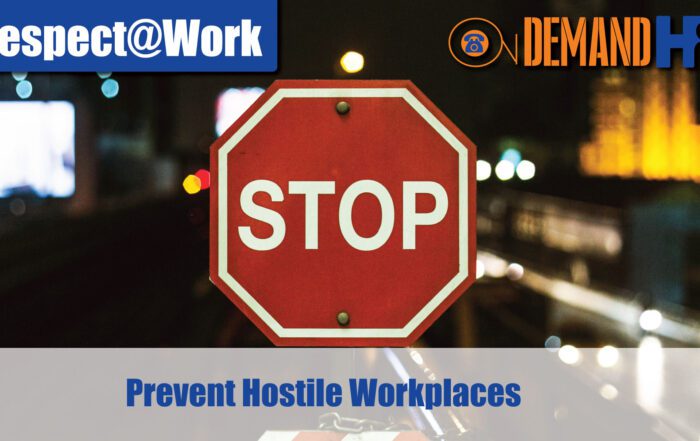Blue Collar Permanent Casual Employees
Recently we have seen a number of clients looking to recruit blue collar employees on a “permanent casual” basis with the potential to convert to permanent employment in the future.
Whilst we understand that in the past this has been the accepted practice for some blue collar roles, in the current climate when carrying out recruitment campaigns for our clients we are advising against this strategy.
Please see below for a full transcript of this video
Share the HR or workplace relations challenge facing your business and one of our experienced consultants will be in touch within 24 hours with a strategic action plan or discover the best strategy yourself by accessing out free online training library.
Transcript
Recently we have seen a number of clients looking to recruit blue collar employees on a “permanent casual” basis with the potential to convert to permanent employment in the future.
Whilst we understand that in the past this has been the accepted practice for some blue collar roles, in the current climate when carrying out recruitment campaigns for our clients we are advising against this strategy.
The current market conditions are highly competitive (despite what you might see in the media). We are currently at a 4.2% unemployment rate which is lower than it has been since the early 2000’s with record high numbers of active advertisements.
We have many videos on our website covering the candidates market in more detail which you can view by visiting ondemandhr.com.au.
This strong candidates market as well as a strong candidate focus on job security resulting from uncertainty during the pandemic means that you role will likely be competing and at a disadvantage against roles offering full time employment. Further to this, by offering “permanent casual employment” your business may not attract the best candidates or any suitable candidates in the first place.
The second reason we would advise against this is from a compliance perspective. Over the past few years there has been significant regulatory reform regarding casual employment. One of the key changes has been providing a more formal legislative definition of casual employment which was previously defined through precedent and case law. One of the key components of the new definition is the concept of “no firm advance commitment of ongoing work”. We question if advertising for a “permanent casual” meets with this definition and could in fact be considered as a full time employee if tested.
There are economic considerations as well. When you consider the 25% loading required to be paid to casual employees, even when you consider annual leave entitlements for full time employees, these are actually cheaper when compared to the casual loading.
The most common point of resistance we encounter comes to the perceived flexibility and ability to move casual employees on, should they not work out. Again, in our view this is misguided thinking as businesses can terminate employees in the first 6 or 12 months depending on the size of the business without the risk of unfair dismissal.
So should all businesses only offer full time roles in the current recruitment market? No. However we hope that this short video enables your business to make a conscious decision based on the realities of the current market, instead of simply following “the way it has always been done”.
If your business is faced recruitment challenge or any other HR or Workplace Relations situation and you would like to arrange a free HR consultation & strategic action plan, please reach out to us by visiting ondemandhr.com.au/advice.
My name is Andrew Koleda, Operations Manager for On Demand HR and we are looking forward to seeing you all in the next update.






